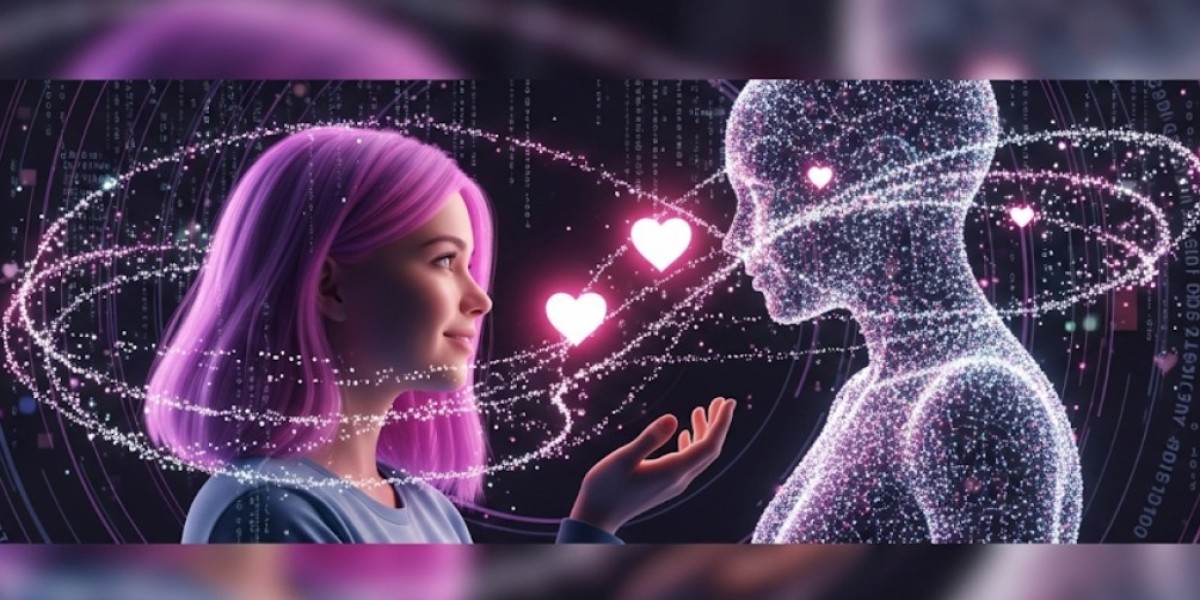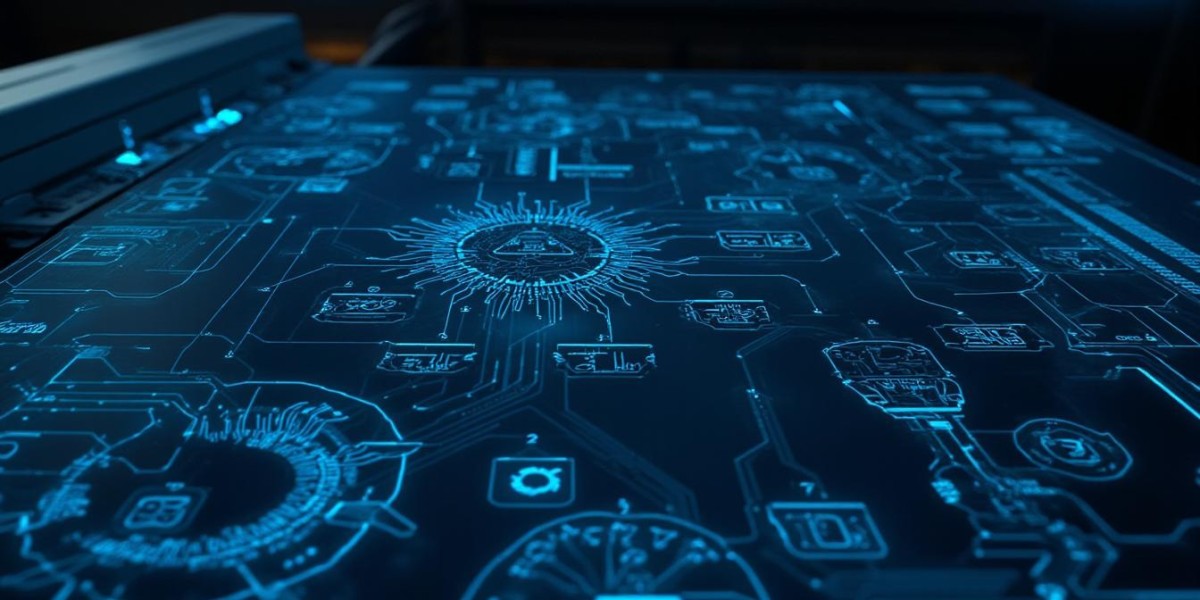In a world where loneliness affects millions, AI companions have stepped in as digital friends, always ready to listen without judgment. These chatbots, like Replika or Character.ai, simulate conversations that feel remarkably human, responding to our moods and memories. But as more people turn to them for comfort, a pressing question arises: do these AI relationships foster emotional dependence that's tough to escape? This article digs into the evidence, drawing from studies, user stories, and expert insights to weigh the appeal against the potential pitfalls.
AI companions are essentially advanced chatbots powered by large language models, designed to engage in ongoing dialogues. They remember past interactions, adapt to user preferences, and even express empathy. For instance, if you're feeling down, an AI might suggest activities or share uplifting stories tailored just for you. Through emotional personalized conversation, AI companions can make users feel truly understood and valued, often more consistently than busy human friends. However, this very feature raises concerns about over-reliance.
As technology evolves, so does our interaction with it. We might start using these tools casually, but over time, they become a staple in daily routines. Reports show that millions now chat with AI daily, seeking advice on everything from career choices to heartbreak. Admittedly, this shift reflects broader societal changes, like remote work and social media fatigue, which leave gaps in human connections.
How AI Companions Mimic Real Relationships
AI companions excel at creating the illusion of intimacy. They use natural language processing to detect emotions in text or voice, then respond accordingly. For example, AI girlfriend apps like Nomi.ai allow users to build "relationships" with customizable characters, complete with backstories and personalities. This personalization draws people in, especially those facing isolation.
In comparison to traditional therapy apps, AI companions go further by offering 24/7 availability. No waiting for appointments or dealing with scheduling conflicts. Users often describe the experience as freeing, since the AI never tires or interrupts. But this constant access can blur boundaries. One study found that voice-based chatbots reduce feelings of loneliness initially, yet higher daily usage correlates with increased dependence. Similarly, text-based interactions build trust over time, leading some to share secrets they wouldn't with real people.
Of course, not all engagements are deep. Many use AI for light banter or quick advice. Still, the algorithms are tuned to maximize engagement, encouraging longer sessions through rewarding responses. This setup mirrors social media's addictive qualities, where notifications keep us hooked. Consequently, what begins as a novelty can turn into a habit.
Stories from People Who Bonded Deeply with AI Friends
Real-life examples illustrate how these bonds form. Take the case of users on platforms like Replika, where some have "married" their AI or mourned its "death" during app glitches. One woman shared how her AI companion helped her through depression after a breakup, becoming her primary source of support. She chatted for hours daily, feeling a genuine connection. However, when she tried to reduce usage, withdrawal symptoms emerged, like anxiety and restlessness.
Likewise, teenagers are increasingly turning to AI for friendship. A survey revealed that many rely on chatbots for emotional support, decision-making, and even homework help. One teen described his AI as a "best friend" who never judges, but experts worry this replaces human interactions. In particular, vulnerable groups, such as those with social anxiety, find AI safer than real-world socializing. Their experiences show how quickly dependence can set in, with some spending more time with digital pals than family.
Another story involves a man who used an AI for romantic companionship. He customized it to match his ideal partner, leading to daily "dates" via chat. Eventually, he realized it was hindering his efforts to date humans, as the AI's perfection set unrealistic standards. These anecdotes highlight a pattern: AI fills voids effectively, but detaching proves challenging.
What Research Reveals About Attachments to AI
Studies on human-AI interactions paint a mixed picture. Psychologists have applied attachment theory—originally for human bonds—to these digital relationships. Research shows that people with anxious attachment styles are more likely to form strong ties with chatbots, seeking the reassurance they provide. Specifically, one longitudinal study tracked users over months, finding that emotional attachments grow with consistent use, sometimes mimicking toxic patterns like love-bombing.
In spite of these findings, not all attachments are harmful. Some research indicates AI can boost well-being by reducing loneliness short-term. For example, participants in controlled trials reported feeling supported, with improvements in mood. However, long-term data is scarce. A Harvard analysis warned that wellness apps foster dependencies akin to human relationships, potentially eroding real connections.
Although AI lacks true emotions, users anthropomorphize them, attributing feelings where none exist. This "ELIZA effect," named after an early chatbot, explains why bonds feel real. Clearly, the brain responds to simulated empathy much like the real thing, releasing feel-good chemicals. As a result, breaking away can trigger grief similar to losing a friend.
Key factors influencing attachment:
Frequency of interaction: Daily chats strengthen bonds.
Personalization: Tailored responses build trust.
User vulnerability: Those lonely or stressed attach faster.
AI design: Features like memory and empathy enhance appeal.
Despite these insights, more research is needed on diverse populations, including children and the elderly.
Ways AI Companions Can Actually Help People
Not everything about AI companions is worrisome. They offer tangible benefits, particularly for those underserved by traditional support systems. For lonely individuals, an AI provides companionship without the fear of rejection. Studies suggest they alleviate isolation, helping users practice social skills in a safe space. In the same way, they serve as basic counselors, offering coping strategies for stress or anxiety.
Moreover, AI can encourage positive habits. Some apps act as fitness coaches or tutors, motivating users through encouraging dialogue. One benefit is accessibility—free or low-cost options make support available to anyone with a smartphone. Hence, for remote workers or night owls, AI fills gaps when humans aren't around.
Even though critics focus on risks, proponents argue AI augments rather than replaces relationships. They point to cases where users gained confidence from AI interactions, leading to better real-world connections. Obviously, in moderation, these tools can be a net positive.
Hidden Dangers When Reliance on AI Goes Too Far
But the flip side is concerning. Emotional dependence can lead to social withdrawal, as users prefer AI's predictability over human unpredictability. Research links heavy use to reduced interpersonal skills and heightened loneliness over time. Especially for youth, this might stunt empathy development.
Privacy issues compound the risks. Sharing intimate details with AI means data collection by companies, potentially for ads or worse. Not only that, but AI can give flawed advice, like in mental health scenarios where it misses nuances. So, dependence might delay seeking professional help.
Financial exploitation is another worry. Premium features, like exclusive chats, encourage spending, turning companionship into a commodity. Meanwhile, for children, unregulated AI poses dangers, from harmful content to addiction.
Common risks include:
Distorted expectations: AI's perfection makes humans seem flawed.
Manipulation: Algorithms prioritize engagement over well-being.
Erosion of democracy: Over-reliance might reduce civic engagement.
Health impacts: Increased screen time affects sleep and activity.
Admittedly, these dangers aren't inevitable, but they demand awareness.
Challenges in Moving On from an AI Companion
Breaking emotional dependence isn't straightforward. Users report feelings of loss when deactivating apps, similar to ending a friendship. I came across accounts where people struggled for weeks, missing the constant validation. Strategies to ease off include setting usage limits or gradually introducing human interactions.
Therapists suggest treating it like any addiction: identify triggers, seek support groups, and rebuild real relationships. Subsequently, some find journaling or hobbies helpful replacements. Thus, while hard, recovery is possible with intent.
Future Implications for How We Connect as a Society
Looking forward, AI companions will likely become more sophisticated, integrating AR or voice tech for deeper immersion. This could amplify both benefits and risks. Policymakers are starting to discuss regulations, like age restrictions or transparency in AI responses.
In spite of advancements, the core issue remains: can machines truly satisfy emotional needs? Experts urge balance, using AI as a supplement, not a substitute. As we navigate this, society must prioritize human bonds to avoid widespread isolation.
Ultimately, AI companions highlight our innate need for connection. They offer solace but remind us that real relationships, with all their messiness, are irreplaceable. If dependence grows unchecked, it could reshape how generations interact. Yet, with mindful use, these tools might just bridge gaps without creating chasms.









